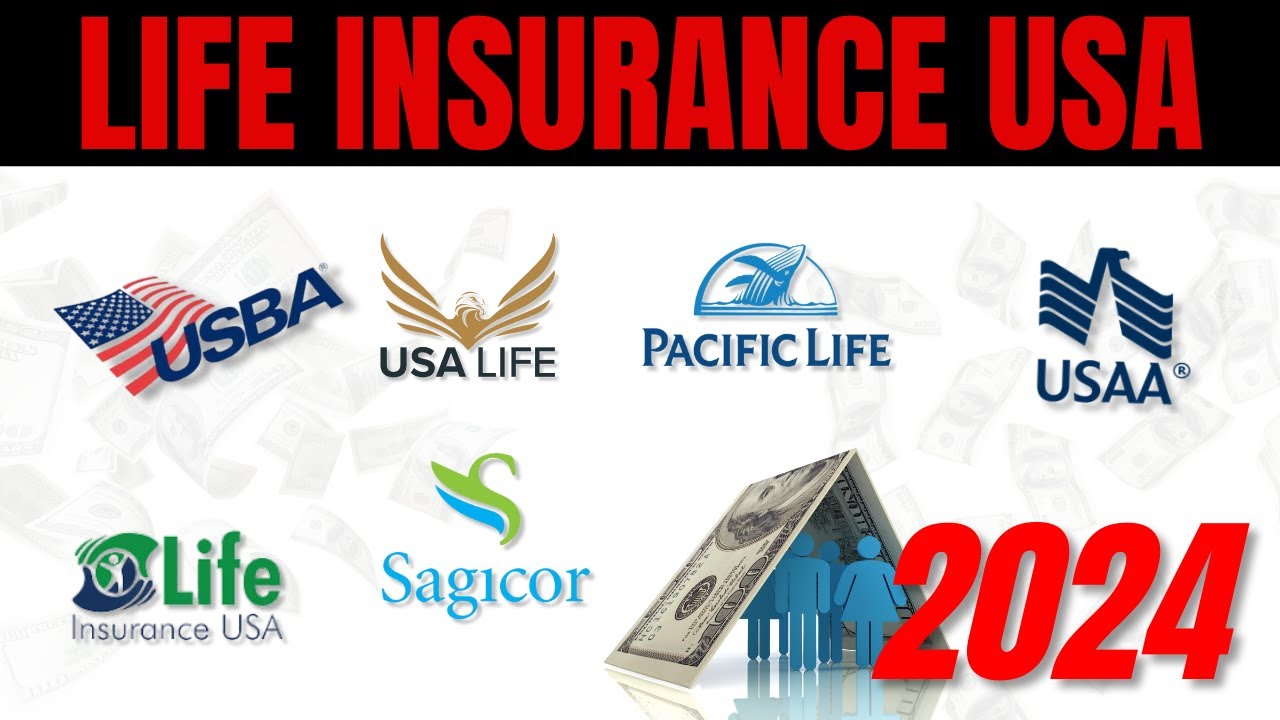What to Do if You’re in a Car Accident That’s Not Your Fault
Being involved in a car accident is never a pleasant experience, but it’s even more frustrating when it’s not your fault. If you find yourself in this situation, it’s important to know what to do to protect your rights and ensure you get the compensation you deserve. Here’s a comprehensive guide to help you navigate the process.
1. Stay Calm and Ensure Safety
After a car accident, it’s natural to feel shaken. However, it’s crucial to stay calm and prioritize safety. Pull over to a safe location if possible and turn on your hazard lights. Check yourself and your passengers for injuries. If anyone is hurt, call 911 immediately. Remember to take a deep breath and try to remain collected, as becoming agitated will only make the situation worse.
Once the immediate danger has passed, gather your senses and assess the situation. Observe the damage to your vehicles and take pictures for documentation purposes. Exchange information with the other driver(s) involved, including their name, insurance details, and license numbers.
Don’t admit fault at the scene of the accident, even if you believe you may be partially responsible. It’s best to wait until you’ve had time to collect your thoughts and gather all the necessary information before making any statements. Remember, you have the right to remain silent and seek legal advice if you’re uncertain about what to say.
As you gather information, try to remain calm and respectful. While it’s understandable to be frustrated, getting into an argument or escalating the situation will only complicate matters. Instead, focus on exchanging information and providing a clear account of events to the authorities and insurance companies.
If there were any witnesses to the accident, obtain their contact information as well. Their statements can be valuable in supporting your claim and establishing fault.
Car Accident Someone Else’s Fault: A Guide to Protecting Your Rights
After being involved in a car accident that wasn’t your fault, it’s natural to feel shaken and overwhelmed. In the aftermath of such a traumatic event, it’s crucial to prioritize your safety and take steps to protect your rights.
This comprehensive guide will provide you with essential information on navigating the legal process following a car accident that was caused by someone else’s negligence. We’ll cover everything you need to know, from staying calm at the scene to preserving evidence and seeking compensation for your damages.
1. Stay Calm and Ensure Safety
Your safety and the safety of others should be your top priority. If possible, pull over to a safe location and turn on your hazard lights. Stay in your vehicle and wait for the police to arrive. If you or anyone else is injured, call 911 immediately.
2. Gather Information and Document the Scene
Once you’ve ensured everyone’s safety, it’s essential to gather as much information as possible about the accident. This includes:
- The other driver’s name, contact information, and insurance details.
- The make, model, and license plate number of the other vehicle.
- The date, time, and location of the accident.
li>The names and contact information of any witnesses.
It’s also crucial to document the scene. Take photos of the damage to your vehicle, the other vehicle, and the surrounding area. If possible, draw a diagram of the accident to help you remember the details.
3. Contact Your Insurance Company
After gathering the necessary information, you should contact your insurance company to report the accident. They will guide you through the claims process and help you get the compensation you deserve.
Your insurance company may require you to provide them with a written statement about the accident. Be sure to include as much detail as possible, including the information you gathered at the scene.
4. Seek Legal Advice
If you’ve been injured in a car accident that was someone else’s fault, it’s highly recommended to seek legal advice. An experienced attorney can help you protect your rights and maximize your compensation.
An attorney can review your case, advise you on your legal options, and represent you in court if necessary. They will work to ensure that you get fair compensation for your injuries, lost wages, and other damages.
Car Accident Someone Else’s Fault: What to Do, When to Hire a Lawyer
Being involved in a car accident is never a pleasant experience, but it’s especially frustrating when the accident was someone else’s fault. If you find yourself in this situation, it’s easy to feel overwhelmed and uncertain about what to do next. Fortunately, there are steps you can take to protect your rights and get the compensation you deserve.
What to Do After a Car Accident Someone Else’s Fault
The first thing you need to do after a car accident someone else’s fault is stay calm and make sure everyone involved is safe. If anyone is injured, call 911 immediately. Once the police arrive, they will create an official report, which will contain important information about the accident. You should also exchange information with the other driver, including their name, contact details, insurance company, and policy number.
After the police have left, you should take pictures of the damage to your vehicle and the other car. These pictures will serve as valuable evidence when you file an insurance claim or lawsuit.
When to Hire a Lawyer
If the other driver is disputing fault or if you have serious injuries, you may want to consider hiring a lawyer. A lawyer can help you navigate the legal process, protect your rights, and get you the compensation you deserve. Here are some specific situations in which it may be advisable to hire a lawyer:
- The other driver is disputing fault and you believe you are not at fault.
- You have serious injuries that require extensive medical treatment.
- The insurance company is offering you a lowball settlement.
- You are having trouble communicating with the insurance company.
Steps to Take After a Car Accident Someone Else’s Fault
Likewise, it’s just as impactful to understand what not to do following an accident. Steer clear of admitting fault to the other driver or the police. Even a seemingly harmless comment can be misconstrued and used against you later on. Similarly, don’t sign any documents or agreements at the scene of the accident. It’s best to wait until you’ve had a chance to speak with your insurance company and/or an attorney.
Conclusion
Getting into a car accident is a stressful experience, but it’s important to remember that you’re not alone. There are resources available to help you through this difficult time. If you’ve been involved in a car accident someone else’s fault, don’t hesitate to contact the police and exchange information. And if you have any serious injuries or the other driver is disputing fault, consider hiring a lawyer. With the right help, you can get the compensation you deserve and move on with your life.
Car Accident: Someone Else’s Fault?
After a car accident, you may be feeling shaken, disoriented, and unsure of what to do next. If the accident wasn’t your fault, it’s understandable to feel frustrated and angry. However, it’s important to stay calm and collect yourself before taking any action.
The first step is to ensure the safety of yourself and any other individuals involved in the accident. If possible, move your vehicle to a safe location. Once you’re out of immediate danger, call the police to report the accident. While waiting for the police to arrive, exchange information with the other drivers involved, including your name, contact information, and insurance details.
Document the Scene
Take pictures of the damage to your vehicle and the other vehicle(s) involved. Note the location, weather conditions, and any witnesses present. You can also use your phone to record a video of the scene, capturing the extent of the damage and any visible injuries.
Seek Medical Attention
Even if you don’t feel injured immediately, it’s still important to seek medical attention as soon as possible. Some injuries, like whiplash, may not manifest themselves immediately. By getting checked out by a doctor, you can ensure that you receive prompt treatment for any injuries sustained in the accident.
Make sure to keep a record of all medical expenses related to the accident. These expenses may be covered by the at-fault driver’s insurance policy.
Contact Your Insurance Company
Report the accident to your insurance company as soon as possible. They will need to know the details of the accident so they can process your claim. Your insurance company can also provide guidance on what to do next, including how to file a claim against the other driver’s insurance policy.
Be sure to keep all documentation related to the accident, such as the police report, medical records, and insurance correspondence. This documentation will be helpful in proving your case if you need to file a lawsuit against the at-fault driver.
Hire an Attorney (Optional)
If you have suffered significant injuries or the other driver is disputing fault, you may want to consider hiring an attorney. An attorney can help you protect your rights and ensure that you receive fair compensation for your injuries.
However, if the accident was relatively minor and the other driver is accepting fault, you may be able to handle the insurance claim on your own. Just be sure to carefully review the insurance policy and understand your rights before signing any settlement agreements.
What to Do if You Are in a Car Accident That’s Someone Else’s Fault
Getting into a car accident is never fun. But when it’s someone else’s fault, it can be even more frustrating. Not only do you have to deal with the physical and emotional trauma of the accident, but you also have to worry about dealing with insurance companies and lawyers.
If you find yourself in this situation, don’t panic. Here are a few things you can do to protect your rights and get the compensation you deserve.
1. Stay Calm and Pull Over
The first thing you should do after a car accident is to stay calm and pull over to the side of the road. If you’re able, get out of your car and check for injuries. Once you’ve made sure everyone is okay, you can start to gather information.
2. Call the Police
Even if the accident is minor, it’s important to call the police. The police will create a report that will document what happened. This report will be important if you need to file an insurance claim or take legal action.
3. Exchange Information
Once the police have arrived, you should exchange information with the other driver(s) involved in the accident. This includes your name, address, phone number, insurance information, and license plate numbers.
4. Seek Medical Attention
Even if you’re not feeling injured, it’s important to seek medical attention to check for any underlying injuries. Some injuries, such as whiplash, may not be immediately apparent. By getting checked out by a doctor, you can rule out any serious injuries and get the treatment you need.
5. Document the Accident
In addition to exchanging information and seeking medical attention, you should also document the accident as thoroughly as possible. This includes taking pictures of the damage to your car, the other car(s) involved, and the accident scene. You should also write down everything you remember about the accident, including the time, date, location, and weather conditions. This information will be helpful if you need to file an insurance claim or take legal action.
Car Accident Someone Else’s Fault: What To Do
After a car accident, it’s easy to feel overwhelmed and unsure of what to do next. That’s especially true if the accident was someone else’s fault. But don’t worry, we’re here to help. In this article, we’ll walk you through everything you need to do after a car accident that wasn’t your fault.
1. Stay Calm and Assess the Situation
It’s natural to feel shaken up after a car accident. But it’s important to stay calm and assess the situation. First, check yourself for injuries. If you’re hurt, call 911 immediately. Once you’ve checked yourself for injuries, check on your passengers and the other driver.
2. Call the Police
Even if the accident is minor, it’s important to call the police. The police will create an accident report that will be helpful when you file an insurance claim. The police report will also help to establish fault for the accident.
3. Exchange Information
Once the police have arrived, exchange information with the other driver. This includes your name, address, phone number, insurance information, and license plate number.
4. Take Photos
If possible, take pictures of the accident scene. This will help you to document the damage to your vehicle and the other driver’s vehicle. You should also take pictures of any injuries you sustained.
5. Contact Your Insurance Company
Inform your insurance company about the accident and provide them with all the necessary details. They will guide you through the claims process and help you get your vehicle repaired or replaced. Make sure to keep a copy of all correspondence with your insurance company.
6. Get a Medical Exam
Even if you don’t feel injured, it’s important to get a medical exam after a car accident. Some injuries, such as whiplash, may not show up immediately. A medical exam will help to rule out any hidden injuries and ensure that you get the treatment you need.
After a car accident, it’s important to stay calm and follow these steps. By doing so, you can help to protect your rights and ensure that you get the compensation you deserve.
Car Accident Someone Else’s Fault
If you’re reading this, you’ve probably been in a car accident that wasn’t your fault. First of all, we’re sorry to hear that. Second, know that you’re not alone. Millions of people are involved in car accidents every year, and many of them are caused by someone else’s negligence. Here’s what you need to do if you’ve been in a car accident that wasn’t your fault.
1. Stay Calm and Call 911
If you’ve been in a car accident, the first thing you need to do is stay calm and call 911. This is especially important if anyone is injured. Once you’ve called 911, you should move your car to a safe location if possible. If you’re not able to move your car, stay inside and wait for help to arrive.
2. Exchange Information with the Other Driver
Once you’ve called 911, you should exchange information with the other driver. This includes your name, address, phone number, insurance information, and license plate number. You should also take pictures of the damage to both cars. If there are any witnesses, get their names and contact information as well.
3. File a Police Report
After you’ve exchanged information with the other driver, you should file a police report. This will help to document the accident and provide you with a record of what happened. You can file a police report online or at the police station.
4. Contact Your Insurance Company
You should contact your insurance company as soon as possible after you’ve been in an accident. Your insurance company will be able to help you file a claim and get your car repaired or replaced. You should also provide your insurance company with a copy of the police report.
5. Get Medical Attention
Even if you don’t think you’re injured, it’s important to see a doctor after you’ve been in a car accident. Some injuries may not be immediately apparent, and it’s important to get treatment as soon as possible. Your doctor will be able to check for injuries and recommend treatment options.
6. Consider Hiring an Attorney
If you have suffered significant injuries or the other driver is disputing fault, consider consulting an experienced car accident attorney. An attorney can help you protect your rights and get you the compensation you deserve. An attorney can also help you navigate the legal process and ensure that your rights are protected.
7. Don’t Sign Anything
After you’ve been in a car accident, the other driver’s insurance company may try to get you to sign a release form. This form will release the insurance company from liability for your injuries. You should never sign anything without first talking to an attorney. If you sign a release form, you may be giving up your right to compensation for your injuries.




Leave a Reply